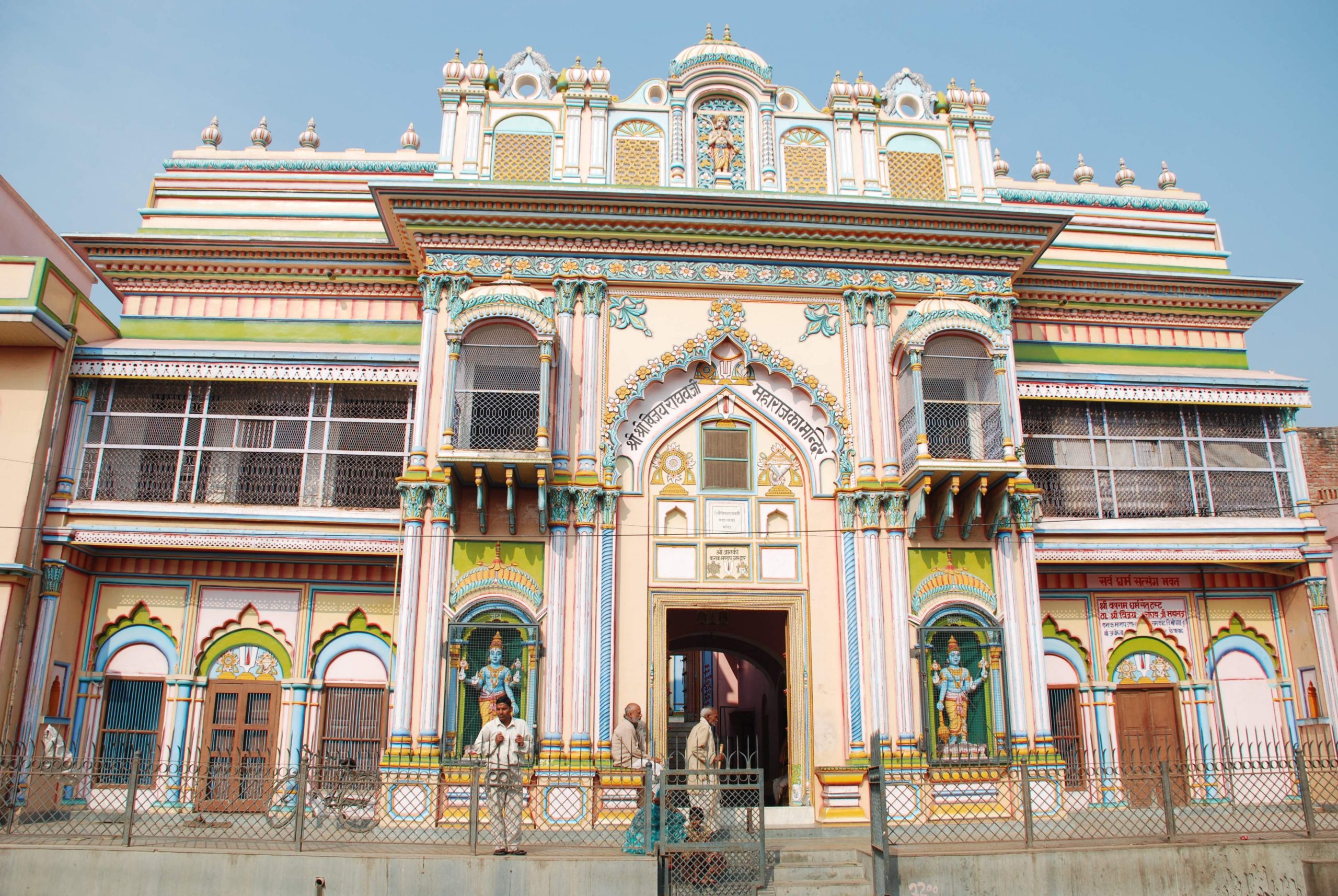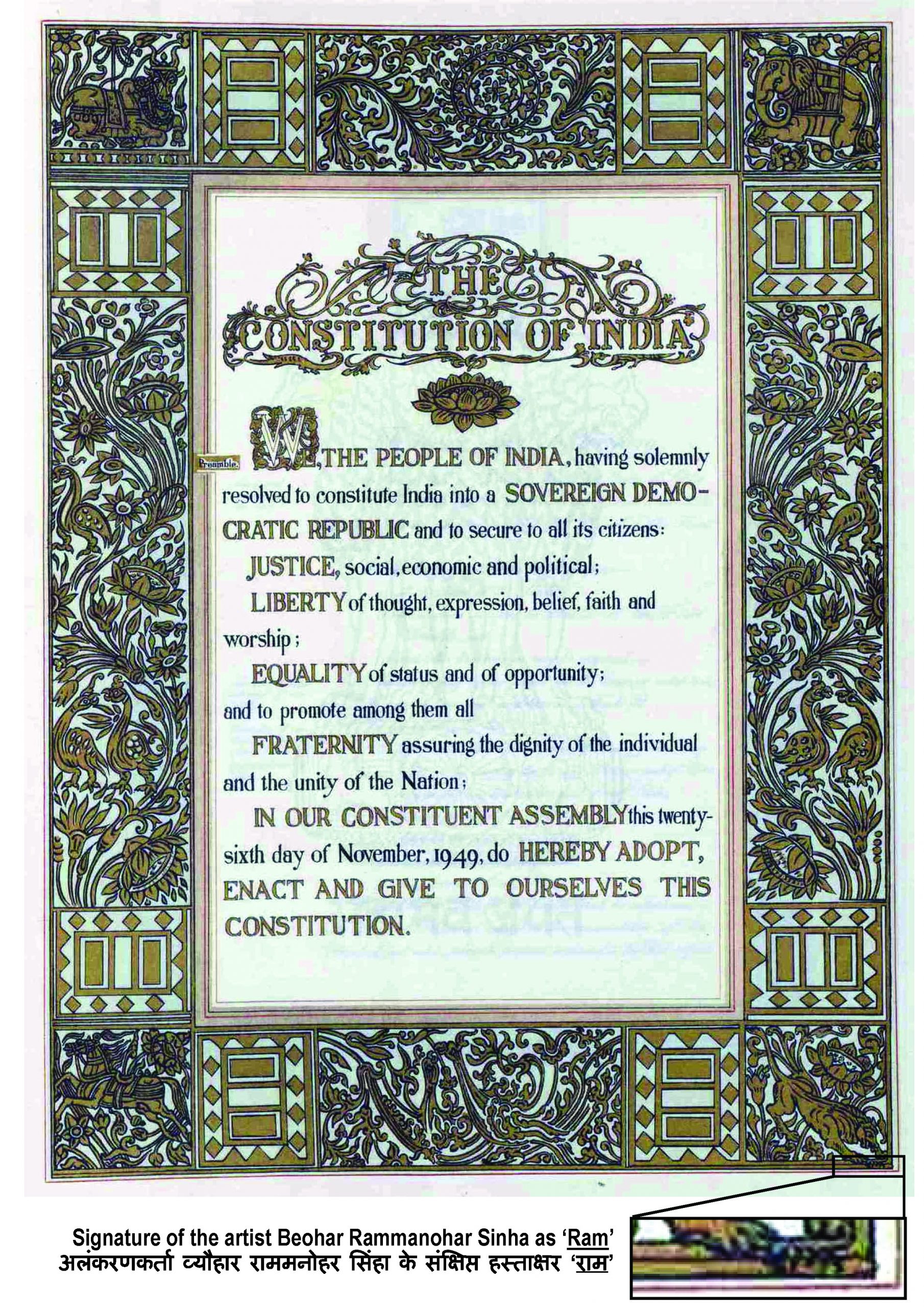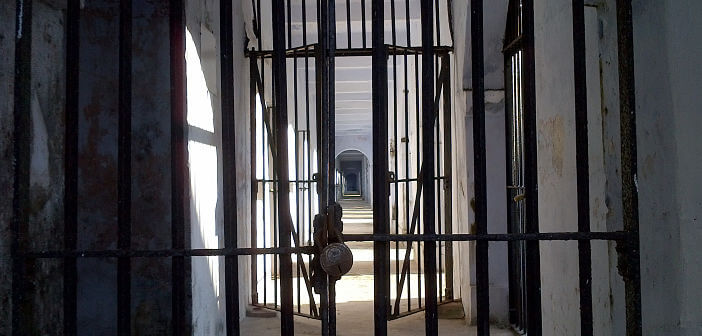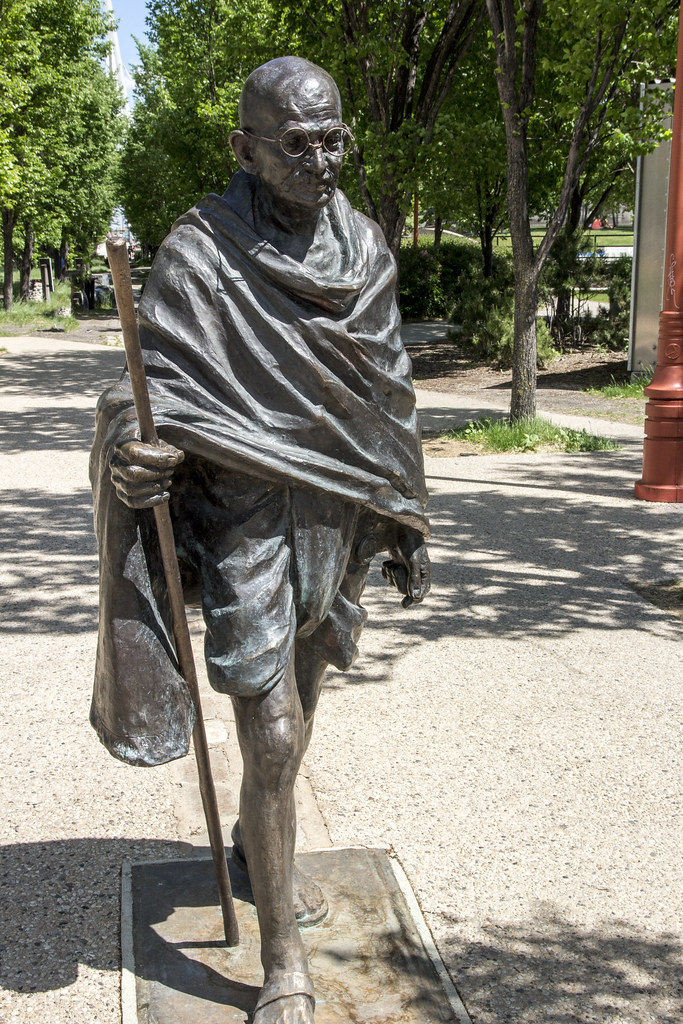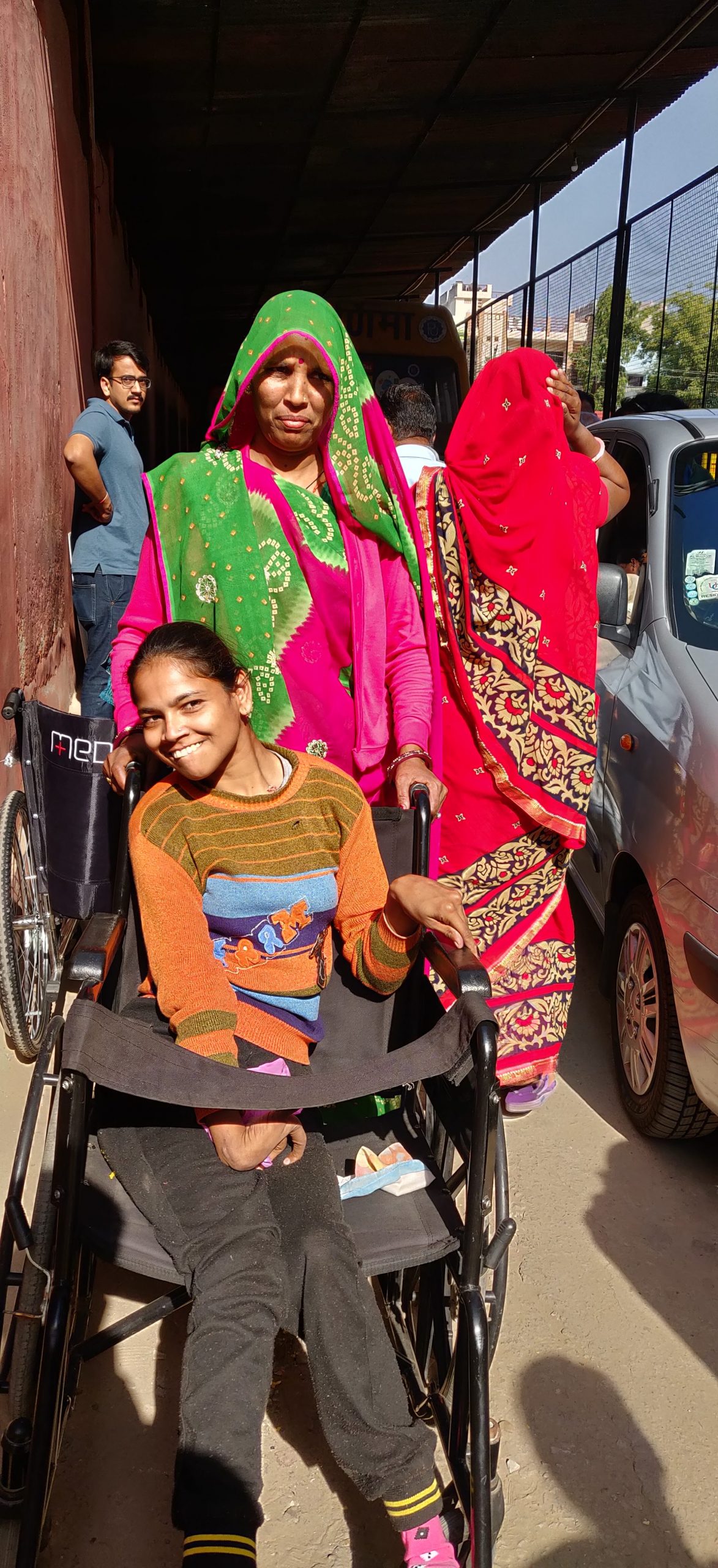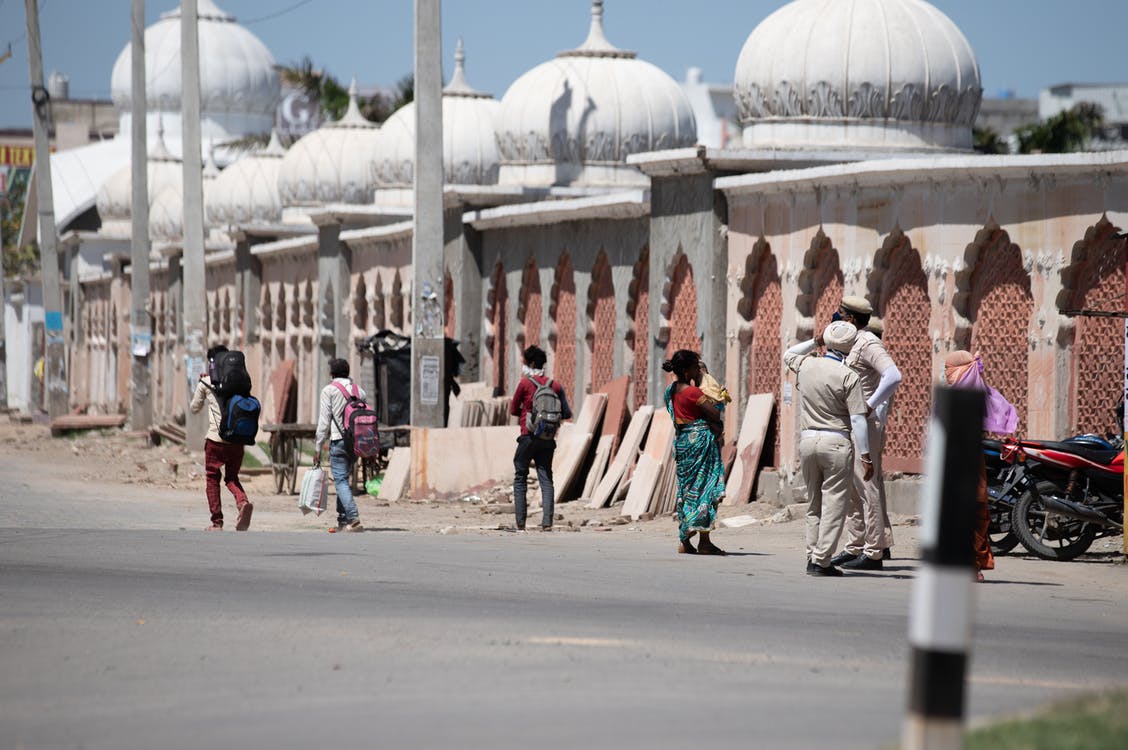
Suffering , Grievability and Covid-19 – An Indian Nightmare
By Guest Contributor Yash Karunakaran. Yash is an alumnus of the University of Illinois at Urbana Champaign College of Law and the National Academy of Legal Studies and Research (NALSAR). He is currently an advocate practicing before the Supreme Court of India and the Delhi High Court. He is also involved with a civil society organization that helped arrange for travel, food and medicine for migrant workers stuck as a result of the Covid-19 lockdown in India. This organization has filed Petitions before various Courts challenging state restrictions placed on the return of migrant workers.
The primary weapon used to counter epidemic outbreaks within the Indian subcontinent has, for the past 123 years, remained the 1897 Epidemics Act. The legislation grants special powers to State Governments, allowing them to make their own regulations to counter the spread of disease. This piece analyses the colonial history of the Indian response to epidemics, highlighting how it colours the manner in which the Indian...


